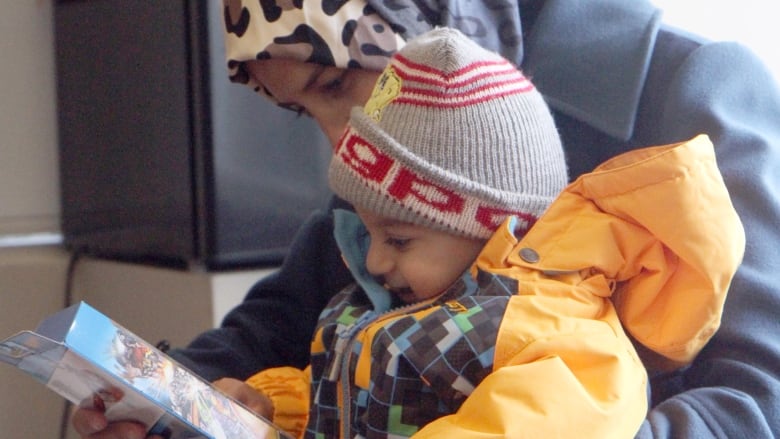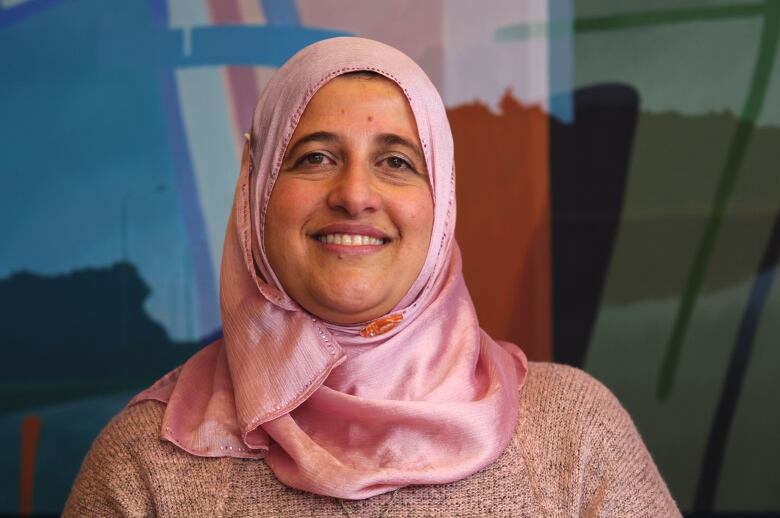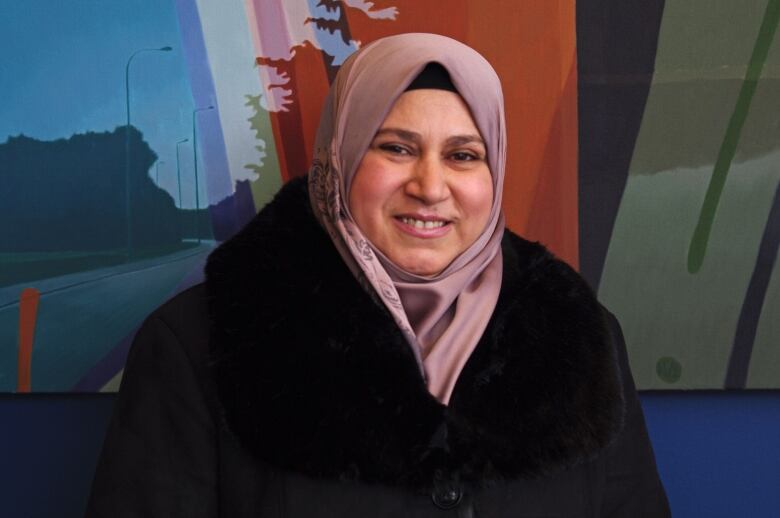Interpreters preparing for influx of refugees in Waterloo Region
Volunteers referred to as integration navigators expected to help newcomers

More than 1,000 Syrian refugees are expected to arrive in Waterloo Region over the next couple of months, and as they arrive, there will be a need for translators here to help them adjust to life in Canada.
That will mean a need for trained interpreters, along withvolunteers.
Lucia Harrison, the executive director at Kitchener-Waterloo Multicultural Centre, said the workload of their nine certified Arabic interpreters is definitely increasing, but it helps that not all the refugees are arriving at once.
Doha Shahin is one of those interpreters and she said she expects to be very busy for at least the next two years.
"I got the sense from so many organizations that they are relieved that we are going to get some more time to be more prepared for this," Shahin said in an interview with CBC News. "I am anticipating that we are going to be busy."
Importance of training

Conestoga College offers a part-time interpreterprogram that takes eight months to complete. The collegewanted to fast-track Arabic speakers through the program, but there wasn't enough interest.
The training is important for individuals who plan on interpreting professional meetings likedoctor appointments and school assessments.
In these situations, Shahin said untrained volunteers can make mistakes, which can lead to serious misunderstandings. She remembers one situation where a volunteer didn't know how to interpret the word for allergy.
"So the volunteer asked the patient, 'Does the medication make you vomit?' Because she couldn't find the word for allergy. But allergy can be so many things. It's not just vomiting," she said.
Trust and boundaries
Interpreters also need to keep a professional distance from their clients,Shahinsaid. She has heard of cases where interpreters have become emotionally involved with a client, sometimes even advocating on behalf of the person or family, and it changes the relationship.
"Once you hear about someone who broke this boundary, problems will happen and then the trust is broken between the organization, theKitchener-WaterlooMulticultural Centreand the interpreter," she said.
Also, the client will begin to expect things from the interpreter that the interpreter may not be prepared or capable of doingand may expect that from other interpreters in the future.
Volunteers fill the gap

Local organizations have recognized this and are training volunteer interpreters. For example, Bring Back Hope is training volunteer integration navigators, who can interpret daily conversations and help new arrivals get thelay of the land.
Abeer Mubaraka, mother of four, was trained last December and matched with a family on Jan. 1.
She said she feels a particular fondness for the family's grandmother, who is about the same age as her own mother, who remains in Syria.
"Now they are my family, I am so close to them. I love the way they are taking everything fast. The kids, they are so smart, they are catching the language," she said.
'Healing inside my heart'
For Mubaraka, being able to volunteer to help new Canadians is a way to give back, not only to her local community, but also to her former country.
Mubaraka is a Palestinian refugee who fled to Syria, then moved to Canada 10 years ago.
"I was a refugee in Syria with my family before, so I know what the refugee feels and about the difficulties they have been through. So now I want to pay back for the Syrian people the things they gave me in my childhood and when I was born and raised there," she said. "It's so important for me because it's healing inside my heart."
Mubaraka said she is very happy to see how the community and Canadians in general want to welcome refugees.
"I'm so proud to be here in this country because I can feel it in every person," she said.
"Everyone is helping each other. I love that."
Clarifications
- An earlier version of this story implied that the Kitchener Waterloo Multicultural Centre was responsible for both the trained interpreters and the integration navigators. In fact, local organization Bring Back Hope is responsible for the volunteer integration navigators. The section under the subheading, "Importance of Training" was added to the story to make the distinction clear.Jan 18, 2016 1:38 PM ET












_(720p).jpg)


 OFFICIAL HD MUSIC VIDEO.jpg)
.jpg)



























































































